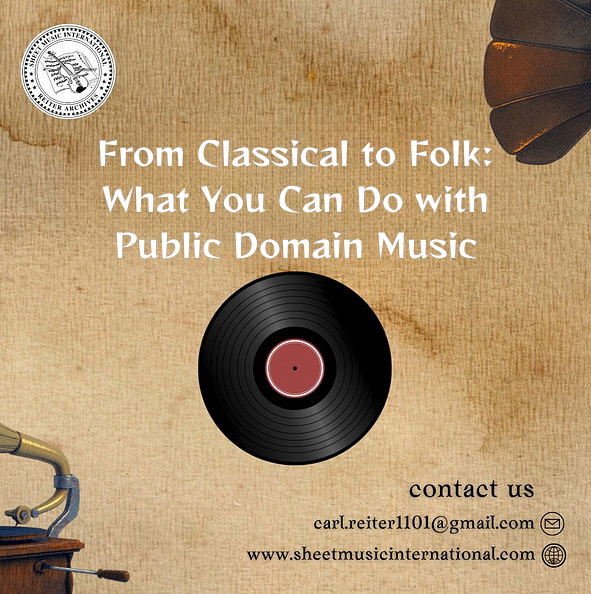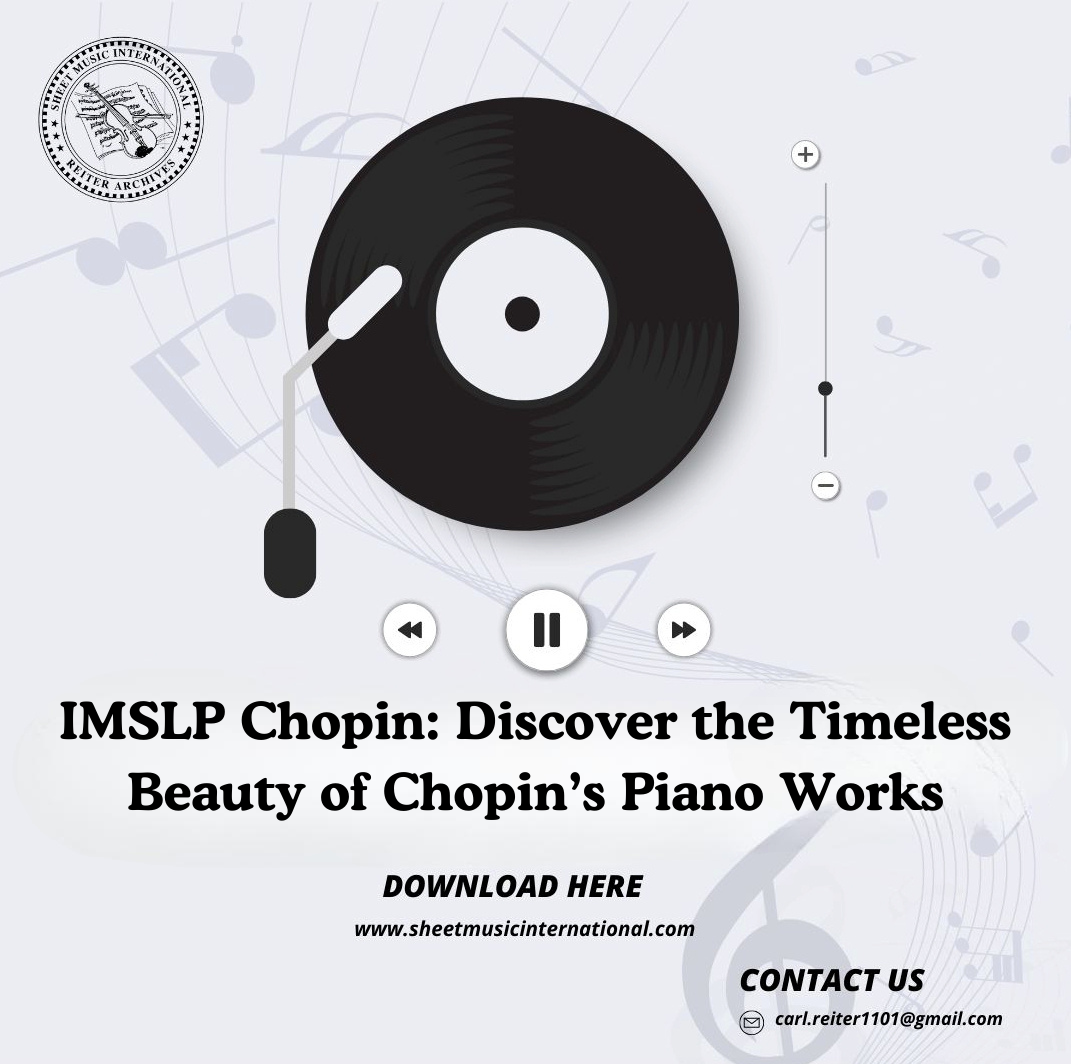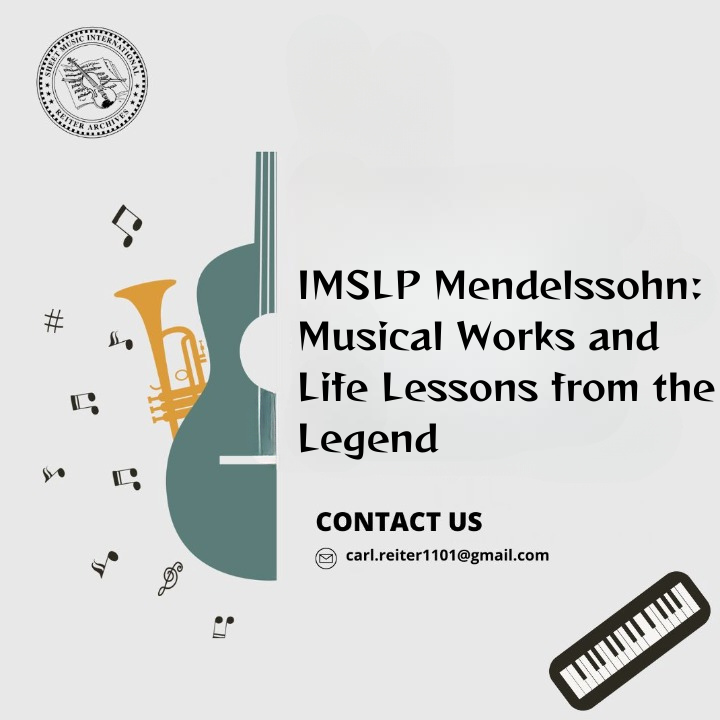
Your Request is under process, Please wait.


The IMSLP Beethoven digital library of music has countless digital visitors, and the number of them is increasing in leaps and bounds.
The IMSLP Beethoven digital library of music has countless digital visitors, and the number of them is increasing in leaps and bounds. It’s because there is so much to learn from the musical works of Ludwig van Beethoven. His compositions are monumental and dramatic as well as cerebral and mysterious.
According to music buffs and experts, Beethoven’s works are not like anything that was composed before or since. As a matter of fact, he made a huge contribution to music, which paved the way for freedom in creativity. So, let’s know what revolutionary changes happened to music due to Beethoven’s musical works.
The following are the 3 ways that tell us how miraculously and positively Beethoven contributed to music for its betterment:
These days, music buffs consider a symphony no less than a monumental work. In fact, this form of music is regarded as the ultimate test of a composer’s command of their skills and an expression of their creativity.
When we listen to a symphony created by legends like Brahms, Shostakovich, or Mahler, we tend to expect a complex, long, and sensational piece of musical work. (You can see their musical works in the IMSLP Brahms, IMSLP Shostakovich, and IMSLP Mahler digital libraries of music).
According to Mahler, ‘a symphony should be like the world, and it must have all’. However, before Beethoven, this musical form was just a mundane genre, used to be created quickly and in large quantities.
Beethoven used the potential of the symphony in a way nobody ever did before. The legend’s Symphony No.3 (Eroica), available in the IMSLP Beethoven digital library of music, enabled us to know what is possible not only in a symphony but also in music.
This symphony was not only longer (The first movement of Eroica was longer than many symphonies of the time), but it also crossed the limits of its form, harmonies, and emotional content.
Beethoven kept on making revolutionary changes, making the orchestra bigger. In fact, his fifth symphony is the first symphony that made use of trombones. Aside from that, he included voices in his titanic ninth.
You can find his legacy in symphonic music in the myth of ‘the curse of the ninth’. It’s the superstition that the ninth symphony of a composer is destined to be his last one (as nobody can surpass Beethoven).
Those whom we consider legends were experts who attained expertise in their respective styles. Moreover, they built on the foundations of what came before to get to new levels of sophistication.
For instance, Bach is regarded as the finest Baroque-era composer of all time. However, he didn’t make any inventions in the conventions of Baroque music; he was just well-trained in the Baroque tradition. He had training in a style of music that was taken as old-fashioned by the end of his life.
Another example is Mozart, whose works are available in the IMSLP Mozart digital library of music. Mozart is famous for writing music in the same style as everybody else composed at the time, but he wrote it better.
Beethoven brought a huge change to music, and he was a modern composer ready to experiment with music in his time. Before him, there was no existence of the Romantic era. However, after Beethoven, only a few composers wanted to write in the Classical style anymore.
You can see this transition by seeing the cycle of his nine symphonies. From the first two, which are modelled on those of Wolfgang Amadeus Mozart and Franz Joseph Haydn, by means of the innovation of his third and fifth symphonies, to the unbelievable scope and Romanticism of his ninth.
However, Ludwig van Beethoven’s music is not only popular for its newness. As a matter of fact, his musical works are also famous because they are incredibly profound and beautiful. These compositions were created skillfully. The legend not only contributed to the invention of a new style of music, but he also perfected it.
Mainly, Romanticism was a literary movement. This movement was already set up when Beethoven became the first composer to choose its ideas and apply them to the way he wrote musical compositions.
Rather than the perfection of the Classical era, Romantic artists chose to express their true selves. They did so to capture all the comedy and tragedy of the human experience. Refinement and structure paved the way for emotions and the inner world of artists.
Most musical works composed in the earlier Classical era were heavily dependent on what is known as ‘form’, or a kind of musical structure. At that time, audiences were familiar with the way a composer expressed their ideas and intentions. Aside from that, they knew which keys were used where, systematic repetition of certain melodies, and the tempo and character of each movement.
Beethoven didn’t follow any of these rules. He did so to express, whether that was the incredible drama or the most intimate, personal sentiments.
His later works, not all but some, especially his late string quartets and piano sonatas, utilized no conventional form. Instead of that, they followed a stream of consciousness, passing from one idea to the next as quickly as they could be understood, the way thoughts can disappear before one can fully think them. You can find these string quartets and piano sonatas in the IMSLP Beethoven digital library of music.
It’s the most revolutionary part of Beethoven’s music. That was not about beauty or God or anything the people wished to hear. In fact, it was about what it was like to be Beethoven and therefore to be human.
The value of Beethoven’s musical works is still appreciated by music enthusiasts. As a matter of fact, countless music lovers visit the IMSLP Beethoven virtual library of music to learn from his compositions.
Some revolutionary changes he made to music include the use of the potential of the symphony in a unique way. Aside from that, some of his later works followed a stream of consciousness, and he also bridged the gap between the Classical and Romantic eras.








.png)